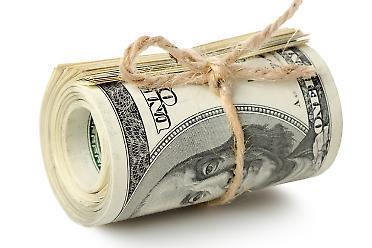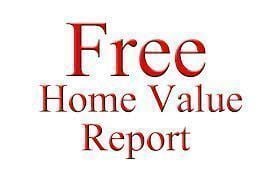When it comes to pricing your home to sell in Greater Oakland County, you’ll find lots of “experts.” The neighbors may want you to set a high price, thinking it will make their homes more valuable. Your company may encourage you to set a lower price so the home will sell quickly and you can move to your new assignment. You might be thinking in terms of what you paid for your home, how much you’ve spent on it, or how much profit you want from it.
But who sets the price? When you put your house on the market in Greater Oakland County, you set the asking price. But it is the market that determines the selling price. If the asking price is set correctly, the house is likely to sell fairly quickly. If set too high, the house may languish on the market, unseen by the right buyers.
Pricing It Right
A correct asking price is crucial to a timely sale. That’s where we come in. But how do we know how to advise you on price?
- First, we look at the prices brought by similar homes recently sold in the area, and compare their features to those in your home.
- Then we survey the competition, seeing what homes are currently on the market, how they compare to yours and how long they have been up for sale.
- Next we look at how the number of buyers compares to the supply of homes for sale.
- We take stock of the direction of the market. Are prices rising or falling? Are homes selling quickly for the asking price?
- Finally, we look at the incentives other sellers are offering, such as paying some closing costs, and what conveys with the property, like draperies or washer and dryer.
As you noticed, neither how much you paid for your home nor how much money you wish to profit from the sale affect the market value of your home.
Avoid “Testing The Market”
Many times, sellers are tempted to price their homes a little high in hopes of getting more money from the sale. But often the opposite happens, and they sell – after a long time on the market – at a price below what the home would have sold for if it had been priced correctly at first. This is because most buyers look only at homes they can afford.
- If a home is overpriced, many potential buyers don’t bother to consider it because the asking price is above what they can afford to pay.
- Buyers who do tour the overpriced home see that it doesn’t measure up to others in the same price range.
- By pricing the home close to market value, on the other hand, the sellers make the most of their best opportunity to sell to the home’s true market during the highest traffic period – the first weeks after the new listing comes out. That’s when real estate agents call in the buyers they have been working with to see what’s new on the market.
MYTH:
“The best game plan is to price your home over market to give yourself room for negotiation if offers come in low.”
REALITY: Most homes sell within 5% of what similar neighborhood homes have recently brought. Pricing your home too high will actually scare buyers away. They’ll assume you are unrealistic and likely to be difficult to deal with. In addition, buyers who believe your home is out of their price range won’t even look at it.
The best way to deal with a low offer is by making a counteroffer or rejecting the contract outright. Having an experienced real estate agent in your corner will help you price your home to sell quickly, while netting you the best possible return.




